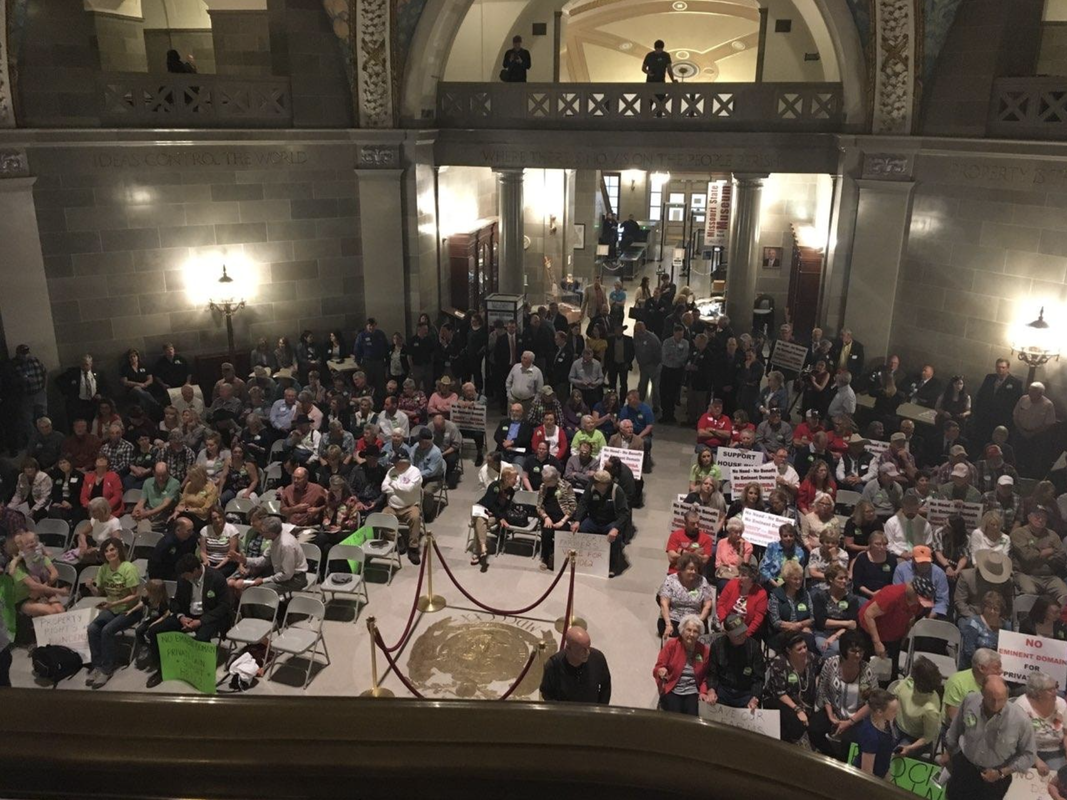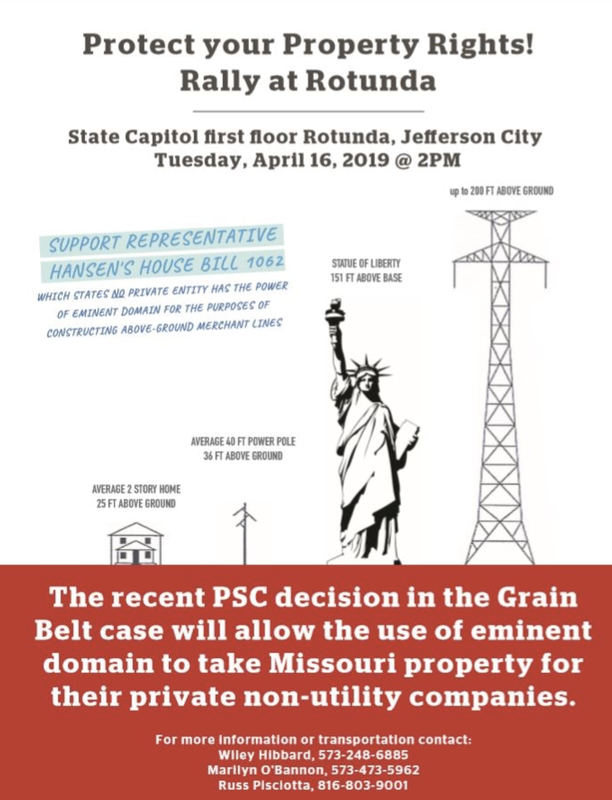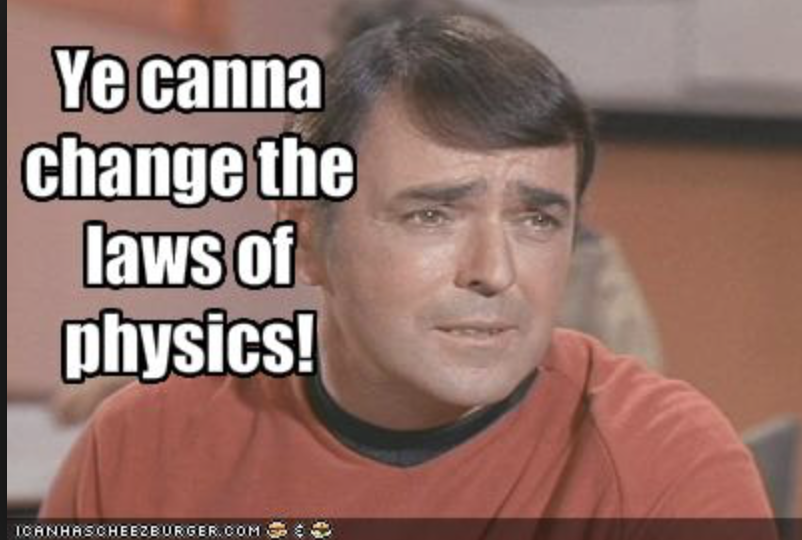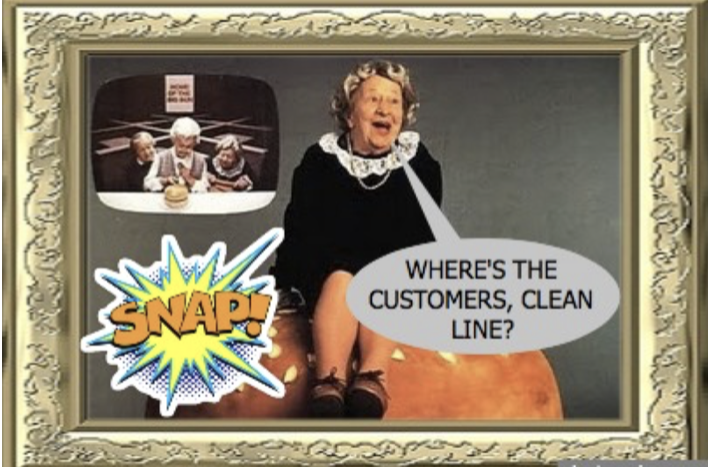HB 1062 would prohibit the use of eminent domain by a private entity to construct above-ground HVDC merchant electric transmission lines without substations at least every 50-miles. As amended, a private entity is defined as "a utility company that does not provide service to end-use customers or provide retail service in Missouri, regardless of whether it has received a certificate of convenience and necessity from the public service commission under section 393.170." HB 1062 has been enthusiastically endorsed by landowners and property rights supporters, and yesterday was further demonstration of the popularity of this bill.
The legislation is attracting a lot of attention in the media, with many stories framing it as the death knell for Grain Belt Express. Does this mean that Grain Belt Express does not really want to fairly negotiate easements with landowners in a genuinely free market? The company has been saying that it would negotiate fair prices for new easements, but when the coercion of eminent domain to reach agreements comes off the table, GBE doesn't want to play anymore. It wants to grab its ball and go home. I'm sure no one will miss them.
The proposed legislation helps GBE build a better project, one that does not unjustly enrich itself through the loss of others who receive no benefit from the project. GBE could put its project underground. It is possible. It could also route its project on existing public easements. The only thing the legislation prevents GBE from doing is sacrificing private property for its own financial benefit.
GBE is not a public utility deserving of the state's eminent domain authority to take private property for a public use. It's a privately held company that plans to make a huge profit exporting pretend "clean" energy through Missouri to the highest bidders other states. The less the company spends acquiring land in Missouri, the greater its profits. Pretending to deliver energy to its supporters in Missouri (while simultaneously exporting an equal amount of energy from Missouri) doesn't make it a public utility. There's no need for the project except for the profit motives of its owner. Saying there is a need is purely a political move.
The Missouri PSC's decision to find a "need" for the project was purely political, an attempt to favor certain kinds of energy. The PSC's order was full of political ideals, such as...
There can be no debate that our energy future will require more diversity in energy resources, particularly renewable resources. We are witnessing a worldwide, long-term and comprehensive movement towards renewable energy in general and wind energy specifically. Wind energy provides great promise as a source for affordable, reliable, safe and environmentally-friendly energy. The Grain Belt Project will facilitate this movement in Missouri, will thereby benefit Missouri citizens, and is, therefore, in the public interest.”
The dominant argument in favor of blocking eminent domain is that the right to private property shouldn’t be infringed upon by a private company.
“This is just another attempt by private companies under a government commission to limit our personal liberties,” bill sponsor Rep. Jim Hansen, R-Frankford, said as he introduced his bill.
There were also concerns about how the power line could negatively affect property value and how it could damage farming land. The lawmakers also questioned why an out-of-state company should have this power.
“We’ve been told that these people will be well-compensated and it’s going to do so much for the economy and so these poor counties — I come from a poor part of the state — and those things matter, but there ends up being more important overarching values,” Rep. Jeff Shawan, R-Poplar Bluff, said.
It's been quite amusing watching the arguments of the opponents of HB 1062 shift day-to-day. Obviously they're not good arguments if they fall on deaf ears and are subsequently replaced with others. The latest is that the legislation is "an attack on green energy." When are the "dark money" claims going to start? Comparing an electric transmission line to an oil pipeline is a losing game. How many strawmen can they pile on the blaze?
And then there's this comment:
“For an awful long time, we’ve subsidized oil, and we don’t seem to have a problem with that,” Rep. Deb Lavender, D-Kirkwood, said. “So why do we suddenly have a problem with subsidizing wind?”
The siren call of mad calliope music draws attention to the antics of angry, dark money finger pointer James Owen, who popped up to make some ridiculous comments in this article.
James Owen, executive director of Renew Missouri, dismissed the eminent domain legislation as a tactic that will only “add to the litigation that’s been attempting to halt this job-creating project for five years.”
“Ultimately, it won’t stop it for many reasons, but leaders think this frivolous legislation will score points with some noisy constituents,” Owen told The Missouri Times. “So it’s another hurdle to creating jobs and bringing low-cost energy to Missouri. Disappointing, but misguided.”
Like this:
“We have tremendous outpouring of leadership in the House and the Senate,” Gary Marshall, CEO of the Missouri Corn Growers Association, said. “We just felt it was important to be here to show them how much this legislation means to us.”




 RSS Feed
RSS Feed